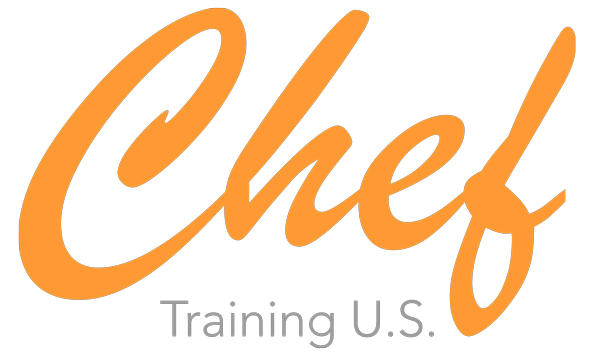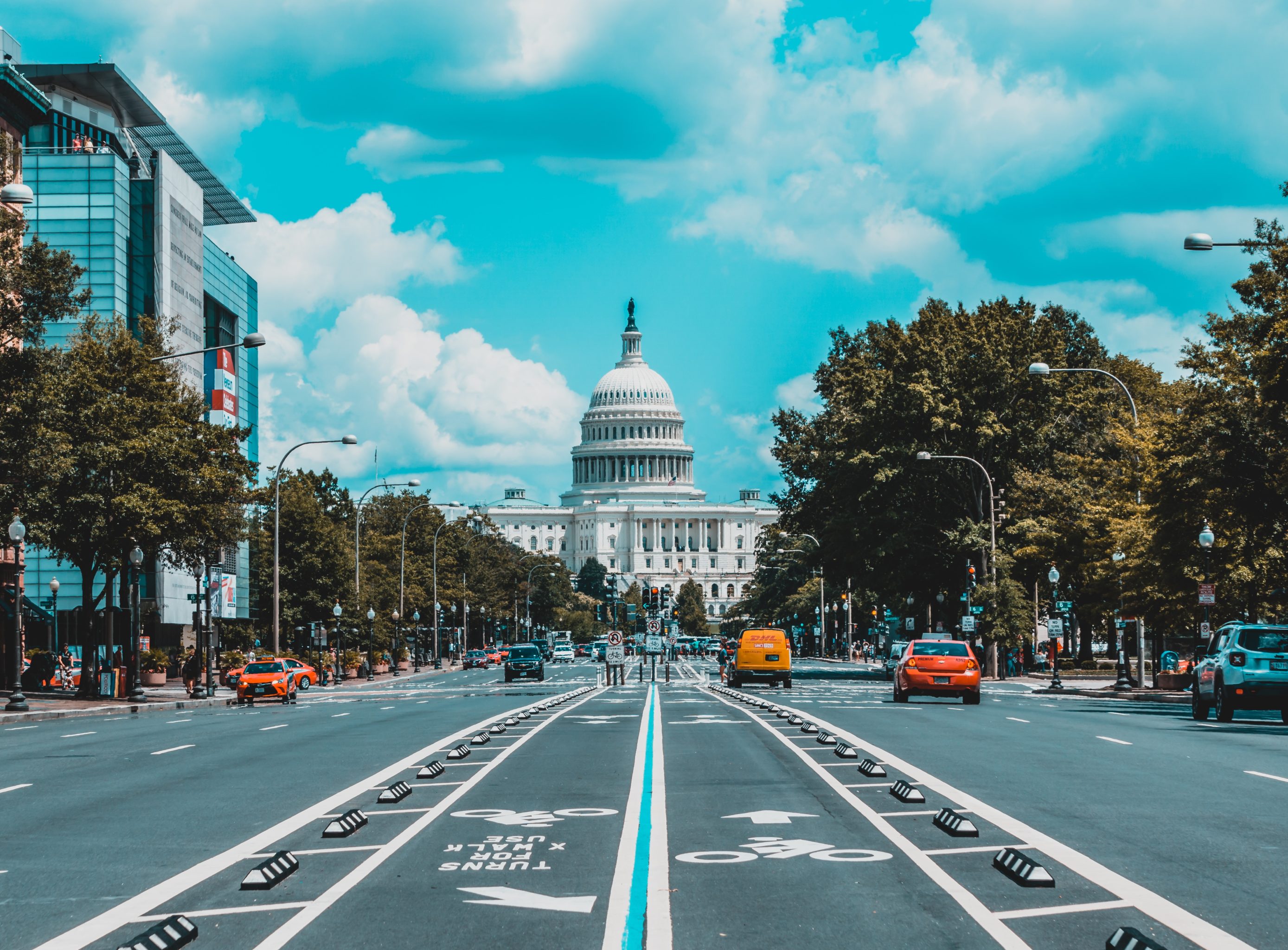Washington D.C. is one of the most relevant and most visited cities in the USA, due to its great historical importance, and the good amount of distinguished monuments and museums the city possesses. With the Lincoln Memorial, the White House, the Washington Monument and the Capitol as main touristic attractions, the city has reached new records of visitors in the last 2 years (over 20 million in 2017, and 22.8 million visitors in 2018). The city accommodates dozens of embassies and therefore the fusion of cultures on Washington streets is undeniable. No doubt that Washington is a great destination to live a unique cultural exchange, and Chef Training US can bring you there!
Like other big and popular cities in the States, and due to the high number of US government workers in the area, the housing situation in Washington is more expensive than in other areas of the country, and it’s comparable to the prices in other cities like New York or Los Angeles. To live within the core of the city, a student or trainee shall expect to pay between $1,000 and $1,500 per month in a shared apartment with normally 2 or 3 roommates. Prices go higher if you expect to live alone. There are a good number of luxury condos and buildings that provide amenities like a gym or a pool for an even higher rent.
However, you can choose a little further away from the city center and save some money. Suburbs like Arlington, VA, or Bethesda, MD, offer an alternative housing option for students and trainees, as well as for many workers of Washington D.C., while still being close to the city thanks to the connections with the metro transportation. Prices in these areas start from $700/month for a room in a shared apartment, and you can find places to live alone from $1,500.
The public transportation is consolidated, functions well and is not complicated to
understand and ride. It includes buses and trains, and you can find all information about their schedules and routes on WMATA website. You can use Uber or Taxis for more comfortable (and pricier) rides. If you live in the suburbs, you may want to consider renting or leasing a car.
Chef Training US advice!
For your safety and the safety of your money, we always recommend that our participants rent a temporary legitimate place (hostels, hotels, Airbnb rooms) during the first weeks, and search for your new living place once here. This will help you avoid scams and fake websites that show apartments which don’t exist and rip you off. Once in the US, make sure you have a signed contract for your room, and you get a receipt of every payment you do regarding rent and apartment fees.
Although Washington D.C. is mainly a safe city, you must be aware and watch out in the Southeast and Anacostia areas.
Where to start
- Craigslist (https://washingtondc.craigslist.org/search/apa)
- Rent in Washington DC (http://www.rentinwashingtondc.com/)
- Apartments.com (https://www.apartments.com/washington-dc/)
- Trulia (https://www.trulia.com/for_rent/Washington,DC/)
- Radpad (https://www.onradpad.com/apartments-for-rent)
- Zumper (https://www.zumper.com/apartments-for-rent/washington-dc)
Private housing companies can provide you with accommodation, normally fully furnished, so you only have to come with your suitcase. They are specialized in covering the needs of students and trainees. Among many others you can find:
- International Student Housin Washington DC (http://ishdc.org/)
- Cassa Housing (https://cassahousing.com/)
- Oakwood Worldwide (http://corp.oakwoodworldwide.com/professional-roommate-
housing/)
And now that you are prepared to route your compass towards Washington D.C., check our opportunities and start your international adventure with Chef Training US!

